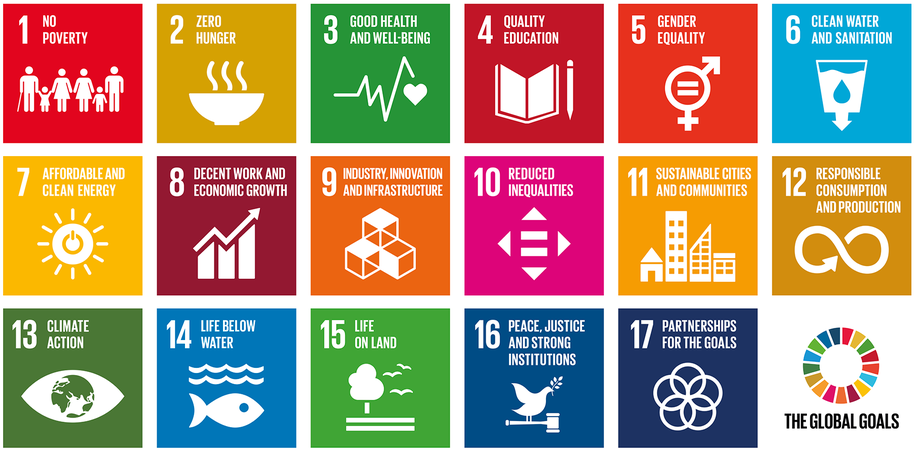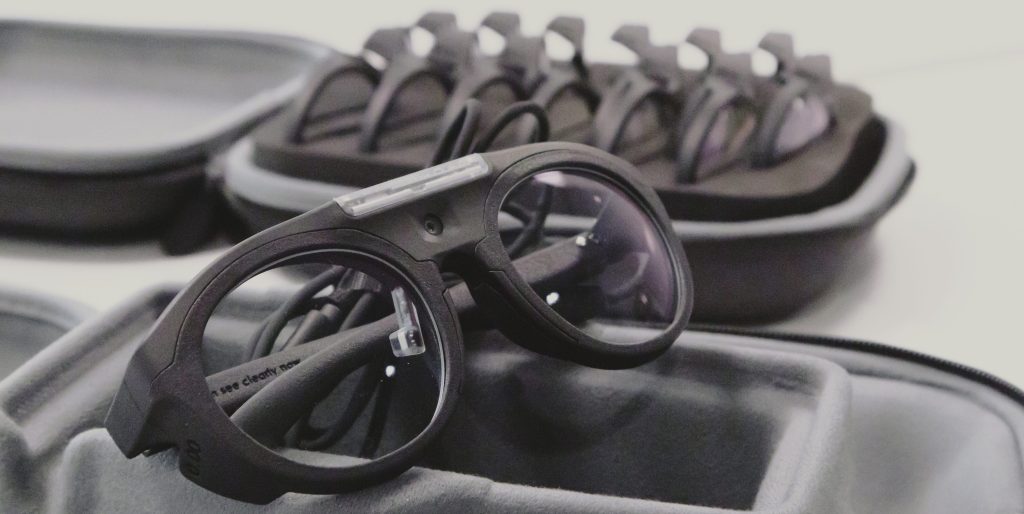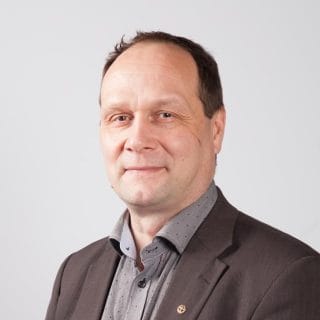
Think bigger
Xamk’s key areas of strength in research, development, and innovation (RDI) are the Digital Economy, Sustainable Wellbeing, Circular Economy, Energy, Logistics, and Forest Bioeconomy, Materials, and the Environment.
With 250 ongoing projects each year, we support vitality, entrepreneurship, and society on a local, national, and international level. We operate responsibly and have a direct impact on the success and vitality of Southeast Finland.
Versatile, multidisciplinary RDI with impact
In research cooperation, our partners include companies, organisations and public bodies, universities and polytechnics, and research institutes.
Future solutions in four focus areas
Digital Economy
Sustainable Wellbeing
Circular Economy, Energy and Logistics
Forest Bioeconomy, Materials, and the Environment
New ideas with great impact 2024
We support national and UN Sustainable Growth Goals
Our expertise plays a key role in the counties’ sustainability leap. We develop new value-added solutions from different perspectives and in different industries.
Our top expertise supports the strategic focus areas of the regions and makes use of the strengths of the region. We develop user-driven services and products to promote sustainable development and successful business.
The logistics competence cluster in Kouvola, Fiber Laboratory in Savonlinna and EcoSairila in Mikkeli are examples of ecosystems that combine partnerships and customers. Smart Campus in Kotkan Kantasatama, Memory Campus in Mikkeli, and Hyötyvirta in Kouvola, focusing on the circular economy, will develop into environments where research and development are naturally linked to business activities in the near future.
In addition to regional development strategies, our research and development activities also support national and international programmes for sustainable growth and green transition.

News and articles

Maternity and child health clinics in Finland may soon give recommendations to spend time in nature

Xamk’s Worklife Boom Takes Place in January







